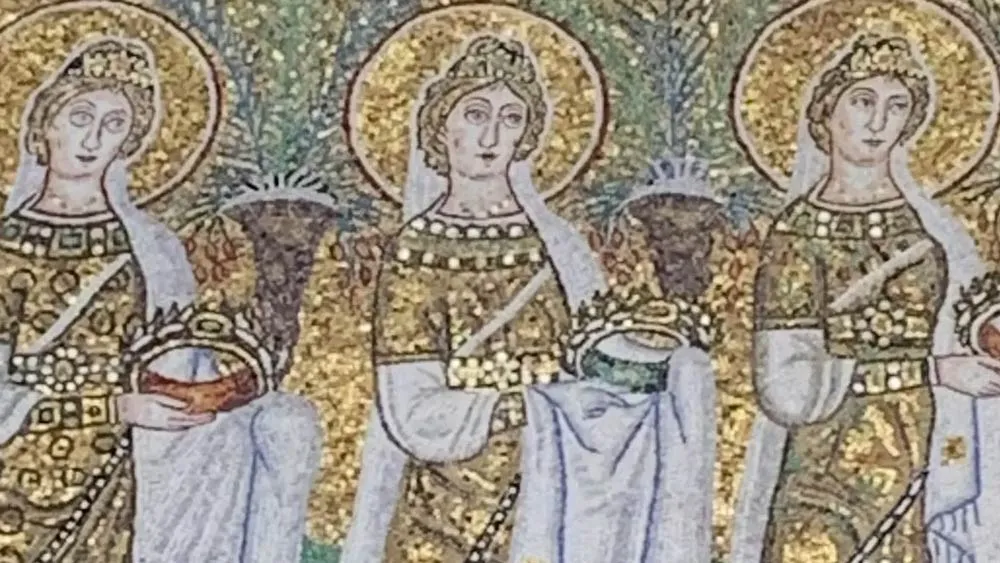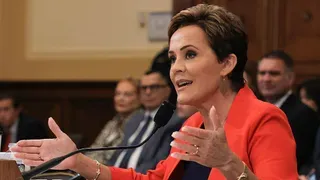December 17, 2013
Pro-Gay Marriage President Elected in Chile
Jason St. Amand READ TIME: 3 MIN.
President-elect Michelle Bachelet vowed on Monday to initiate profound social changes in Chile, a day after winning the seat with the biggest victory in eight decades.
Analysts, however, noted that the 41 percent voter turnout was the lowest since Chile's return to democracy, suggesting she'll need to move deliberately, not radically, when she begins her second turn in office next year.
Bachelet will be sworn in March 11, giving outgoing President Sebastian Pinera nearly three more months in office. They shared an hourlong breakfast at Bachelet's home Monday to discuss the transition.
"In the transition, we're going to prepare all steps so that when we get to March we can immediately start governing with all the energy, dynamism and strength that is needed to fulfill the mandate handed to us by the people," Bachelet said at a news conference.
Bachelet also met with congressional party leaders who will be key to approving her $15 billion program to overhaul education, improve health care and reduce the vast gap between rich and poor.
The moderate socialist ended her 2006-10 presidency with an 84 percent approval rating despite failing to achieve any major changes. This time, many vow to take over the streets again if politicians don't follow through.
Chile is the world's top copper exporter, and its fast-growing economy, low unemployment and inflation are the envy of Latin America. But millions of Chileans who have protested in recent years say more of the copper wealth should be used to reduce income inequality and fix public schools.
Bachelet's rival, Evelyn Matthei, got just 37 percent of the vote, the center-right's worst performance in two decades. Still, Jovino Novoa, vice president of the right-wing Democratic Independent Union, asserted Monday that Bachelet "doesn't have the representation nor the mandate for extreme positions."
The center-right Renovation National's president, Carlos Larrain, was more accepting, saying: "Michelle Bachelet is the president of Chile and she's been elected with a very solid majority."
Bachelet's center-left New Majority coalition, which now includes Communist Party members, enjoys a majority in both houses need to achieve some of her tax and education reforms. But changing the Pinochet-era electoral system and constitution require super-majorities.
"She'll achieve some things: The tax reform is in her pocket. ... I think student leaders who have been elected to Congress will sign off on educational reform. Bachelet's expectations are high, but things will be achieved," said Kenneth Bunker, a Chilean political scientist.
Patricio Navia, a Chilean political scientist at New York University, sees a tough road for Bachelet, who ran the U.N.'s women's agency after leaving the presidency.
"Her biggest challenge will be to match expectations with reality," Navia said. "She campaigned that the country was going to continue growing at 6 percent a year and it's barely going to grow at 3 percent a year. The expectations are much higher than what she'll be able to deliver."
This was Chile's first presidential election after voter registration became automatic, increasing the electorate from 8 million to 13.5 million of the country's nearly 17 million people. But voting became optional with the change, and only 5.5 million voted in the runoff - 41 percent.
"It's the most decisive victory in eight decades, but the most important thing is that Bachelet got fewer votes than her four predecessors, including herself in 2006," Navia said. "There isn't really a big confidence vote for the reforms some people want to implement."
Many Chileans complain that policies imposed by Gen. Augusto Pinochet's 1973-90 dictatorship have kept wealth and power in a few hands. Pinochet effectively ended land reform by selling off the nation's water, and he preserved the best educations for elites by ending central control and funding of public schools.
Although Chile has long been regarded as Latin America's most socially conservative country, opinion polls suggest inhibitions are eroding.
Divorce was illegal until 2004 and gay marriage and abortion are still not allowed. But Congress recently passed an anti-discrimination law after a gay man was murdered, and the pregnancy of an 11-year-old girl raped by her mother's partner triggered a national debate about abortion.
Bachelet has long supported same-sex marriage and abortion in cases of rape or risk to a woman's health, but hardly mentioned them during her first presidential race. She spoke out for both this campaign.
Chile's economy is regarded as the best-managed in Latin America, and Bachelet's proposals make some business leaders nervous.
Copper prices have plunged 30 percent since peaking two years ago, and Bachelet wants to raise corporate taxes 5 points to 25 percent. She approved dozens of coal-fired power plants and hydroelectric projects in her first term, but she now opposes them even though Chile needs more energy capacity.



